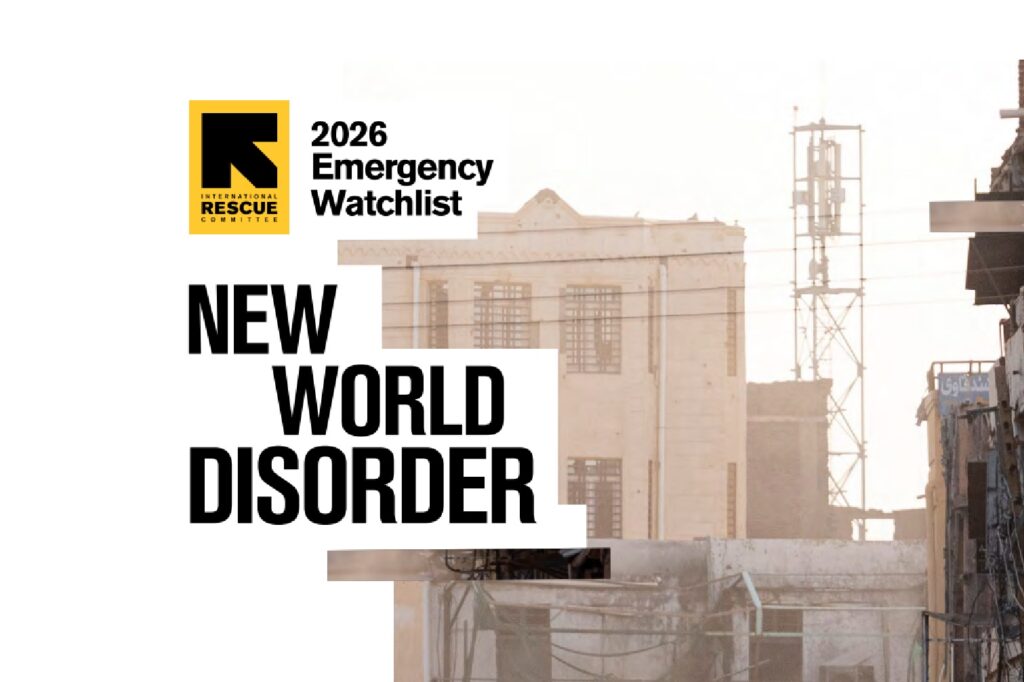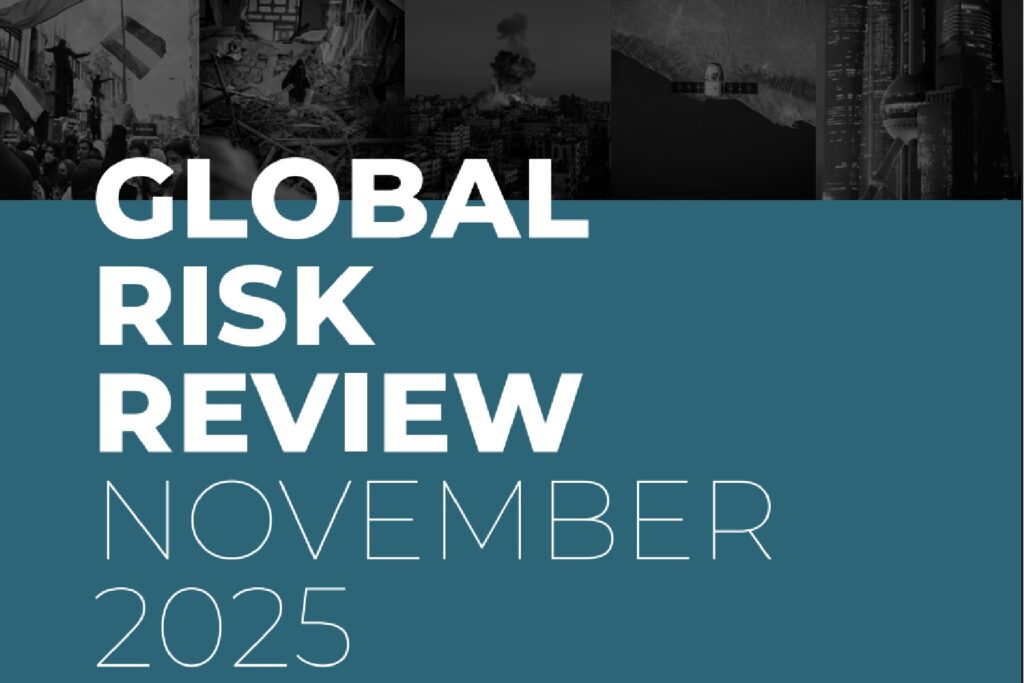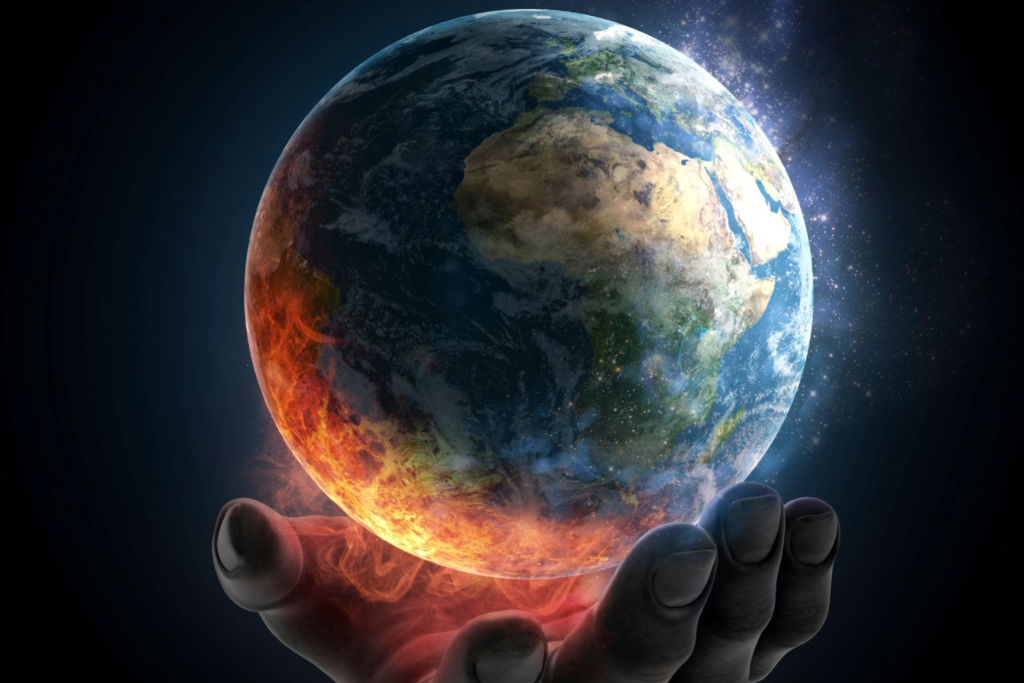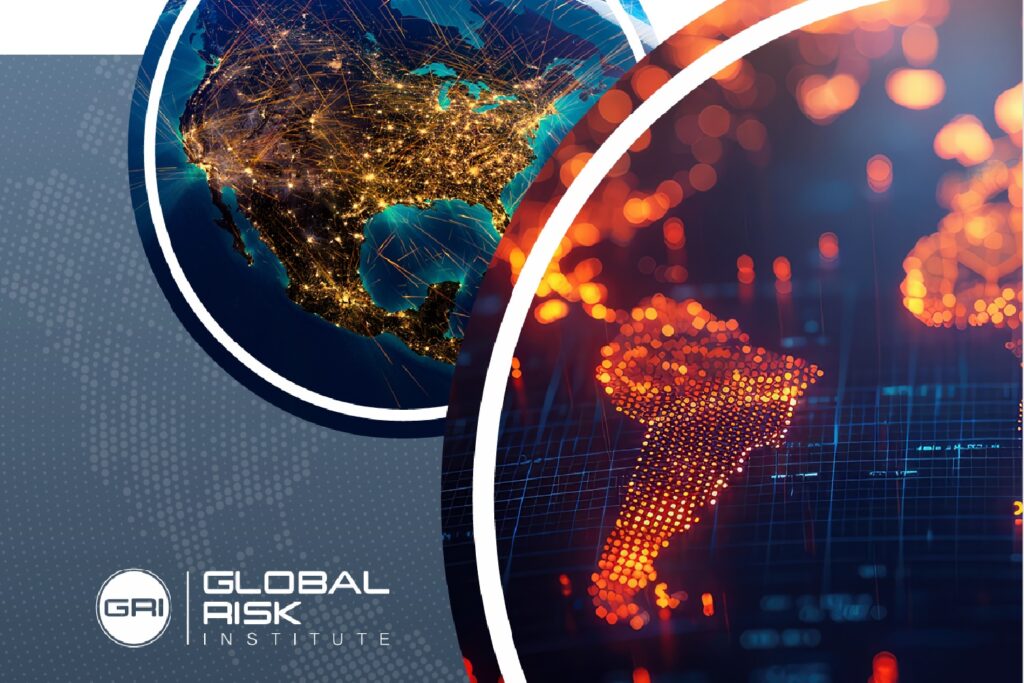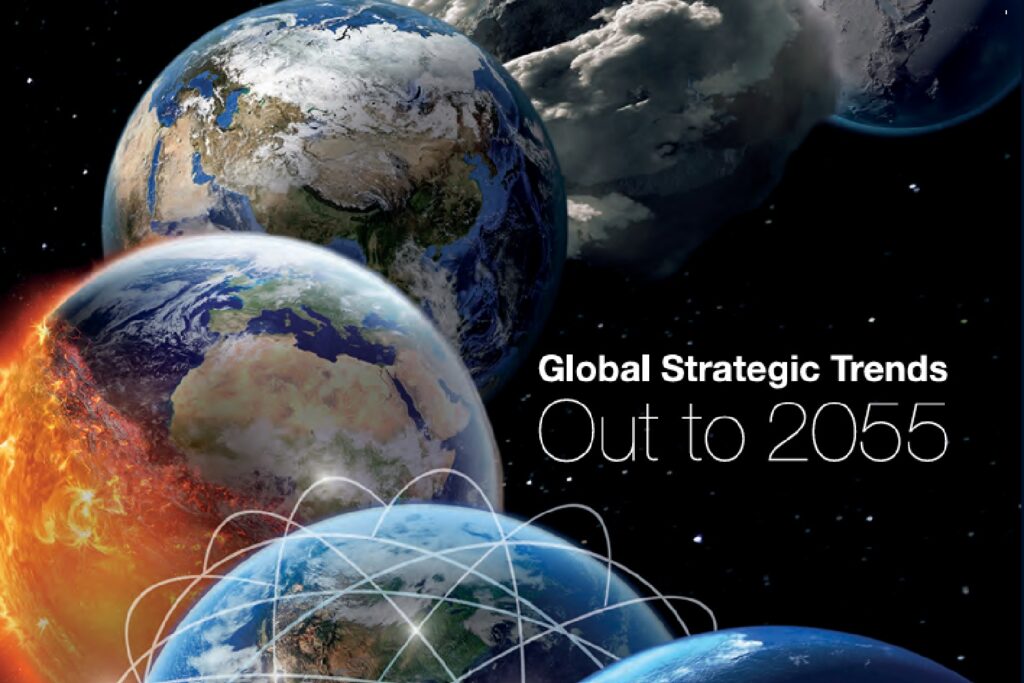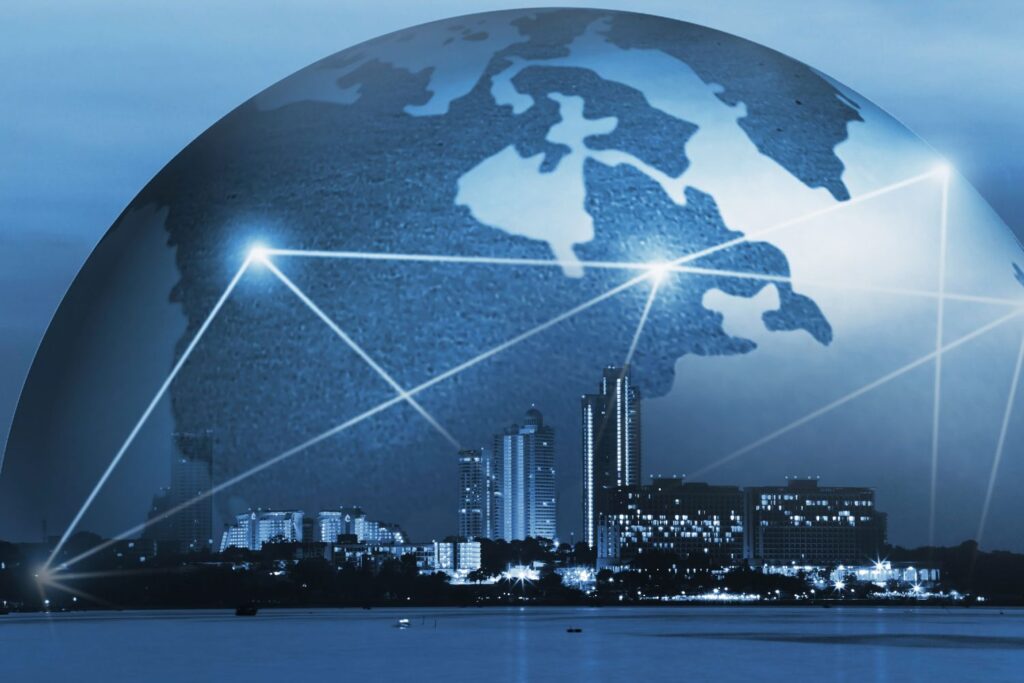2026 Emergency Watchlist
The Watchlist 2026 report by the International Rescue Committee (IRC) highlights the deepening intersection of conflict, climate change, and economic instability across 20 crisis-prone countries. It warns of a dangerous divergence: while humanitarian needs are surging—with over 239 million people requiring assistance, catastrophic food insecurity in six countries, and the highest number of active conflicts […]
2026 Emergency Watchlist Read More »

